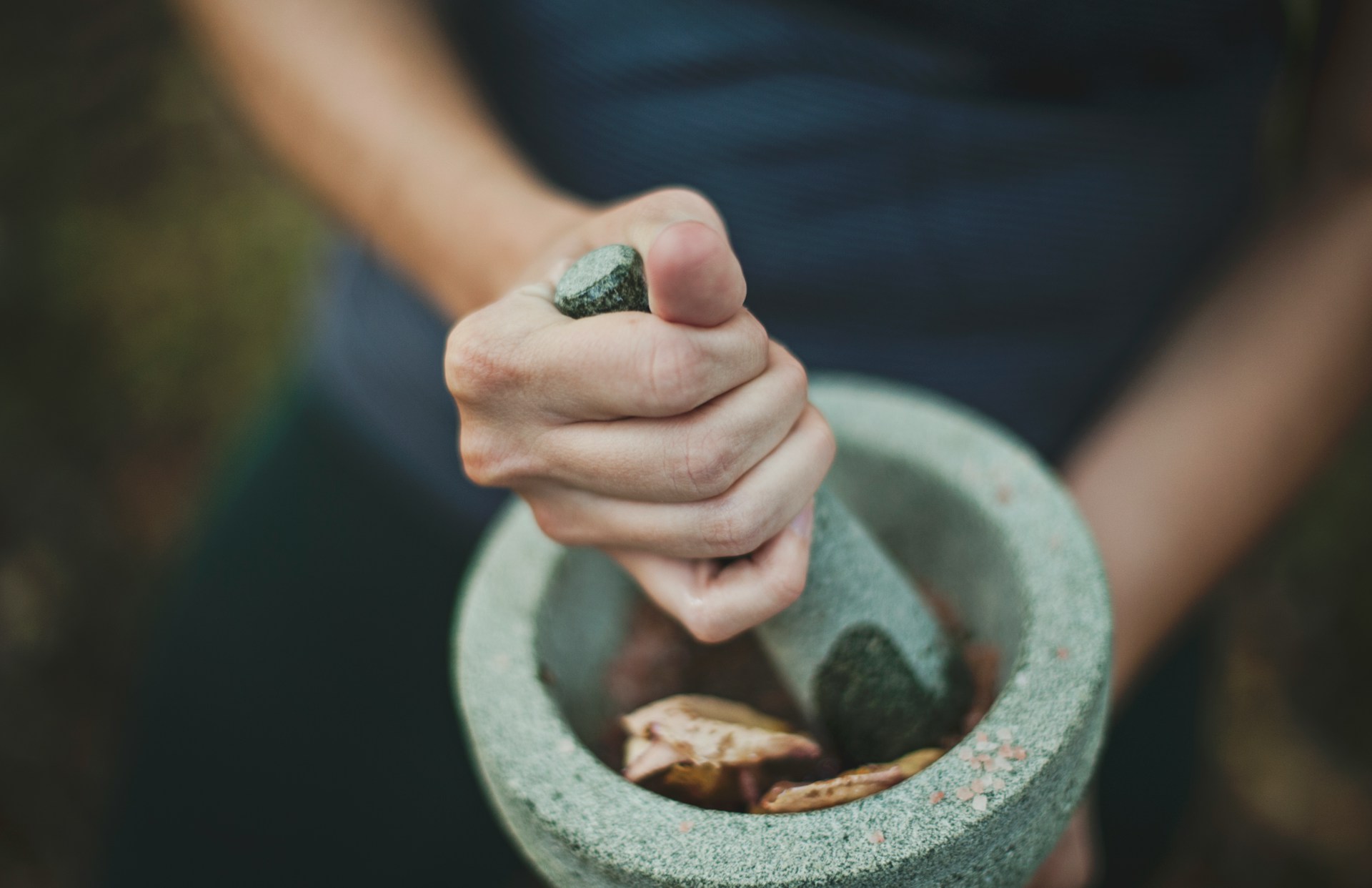
Natural remedies have been a part of human history for centuries, providing relief and wellness without relying on synthetic medicines. Today, many people are returning to these age-old solutions as part of the natural wellness movement.
Learning how to craft your herbal remedies at home can be both empowering and cost-effective, enabling you to take charge of your health simply and sustainably.
This blog will guide you through the why and how of creating natural remedies at home. From understanding the basics of herbal wellness to crafting your first tincture, salve, or tea, there’s something here for everyone.
The Benefits of Making Your Own Remedies
Crafting your herbal remedies offers a range of benefits that go beyond just enhancing your well-being:
Personalization
Homemade remedies allow you to tailor the ingredients to suit your needs. Whether you want a calming tea for better sleep or a soothing salve for irritated skin, you decide what works for you.
Control Over Ingredients
Store-bought products often contain hidden chemicals or unnecessary fillers. By making your own, you ensure that every ingredient is natural and high quality.
Cost Savings
While buying pre-made herbal remedies can be expensive, crafting your own allows you to enjoy natural wellness without breaking the bank.
Sustainability
Using locally sourced and organic ingredients supports the environment. You can even grow some of these herbs in your backyard.
Essential Tools and Ingredients for Homemade Medicine
Before diving into recipes, ensure you’re equipped with the right tools and ingredients. Having the essentials on hand makes the entire process smoother and more enjoyable.
Tools You’ll Need
- Glass jars for storing tinctures and infused oils.
- Mortar and pestle for grinding and crushing herbs.
- Cheesecloth or fine mesh strainer for straining liquid remedies like teas or tinctures.
- Measuring spoons for precise measurements of herbs, oils, or other ingredients.
- Double boiler for creating salves and balms.
Must-Have Ingredients
Stocking your herbal pantry is simple once you know what to look for:
- Dried or fresh herbs like chamomile, lavender, peppermint, and rosemary.
- Carrier oils such as coconut oil, olive oil, or almond oil for infusions.
- Beeswax for salve-making.
- Alcohol (like vodka) for tinctures or extracts.
- Essential oils for added therapeutic effects.
Popular Herbal Remedies to Try at Home
Here, we break down some simple yet effective remedies you can make in your kitchen. Each recipe integrates natural wellness principles, helping you address common health concerns.
1. Calming Lavender Tea
Lavender is renowned for its relaxing effects, making it perfect for reducing stress and promoting sleep. Brew your herbal remedy with this recipe:
- Ingredients
- 1 teaspoon dried lavender flowers
- 1 teaspoon chamomile flowers
- 1 cup boiling water
- Instructions
- Combine the lavender and chamomile in a teapot.
- Pour boiling water over the herbs and steep for 5-7 minutes.
- Strain and enjoy before bed for a restful night.
2. Healing Calendula Salve
Calendula is excellent for soothing skin irritations and minor wounds. This homemade salve is easy to prepare and perfect for on-the-go use.
- Ingredients
- 1 cup calendula-infused oil (made by steeping dried calendula in your choice of carrier oil for 2-3 weeks)
- 1/4 cup beeswax
- Instructions
- Melt the beeswax in a double boiler.
- Add the calendula-infused oil and stir until fully blended.
- Pour into small tins and allow it to cool and solidify.
3. Immune-Boosting Elderberry Syrup
Packed with antioxidants, elderberries are a staple in herbal remedies for supporting the immune system.
- Ingredients
- 1/2 cup dried elderberries
- 3 cups water
- 1 cup honey
- Instructions
- Simmer the elderberries in water for 45 minutes, reducing the liquid by half.
- Strain to remove solids.
- Once cooled, stir in honey and store in a glass jar. Take 1 tablespoon daily for prevention.
4. Tummy-Soothing Peppermint Tincture
Peppermint works wonders for calming digestive issues, and a tincture is an excellent long-lasting herbal remedy.
- Ingredients
- Fresh or dried peppermint leaves
- High-proof alcohol (e.g., vodka)
- Instructions
- Fill a glass jar halfway with peppermint leaves.
- Cover with alcohol until the jar is full.
- Seal the jar and store it in a cool, dark place for 4-6 weeks, shaking occasionally.
- Strain and store in a dropper bottle.
Pro Tips for Herbal Remedy Success
Here are some additional tips to ensure your success in crafting homemade medicine:
- Start Simple
If you’re new to herbal remedies, begin with easy recipes like teas or single-herb tinctures. This builds confidence as you learn the basics.
- Go Organic When Possible
Choose organic herbs and ingredients to avoid contamination from pesticides or chemicals.
- Research Dosages
While herbs are natural, it’s crucial to understand proper dosages to avoid negative reactions. Consult a trusted herbal guide or healthcare professional for advice.
- Label Everything
Always label your jars and tinctures with the name, date, and ingredients to stay organized.
- Experiment
Once you’re comfortable, start experimenting with combinations of herbs to craft remedies tailored to your needs.
Resources to Deepen Your Knowledge
Crafting herbal remedies is a skill that grows with practice, but there are plenty of resources to support your learning:
- Books like Herbal Medicine for Beginners by Katja Swift or The Herbal Apothecary by JJ Pursell.
- Online courses on natural wellness and herbal medicine.
- Local workshops or herbalist meetups to connect with a community of enthusiasts.
How to Elevate Your Herbal Remedy Journey
Creating your herbal remedies not only fuels your passion for natural wellness but also opens up a world of possibilities for self-care and empowerment.
Small steps like brewing a simple tea or making a calming balm can lead to a deeper understanding and appreciation for the power of nature.
Remember, the joy of crafting herbal remedies lies in the process as much as the result, so don’t be afraid to experiment and learn along the way.
Want to level up your homemade medicine expertise? Bookmark this blog, or share it with a friend looking to explore the power of herbal remedies!
Subscribe To Get Update Latest Blog Post
No Credit Card Required









